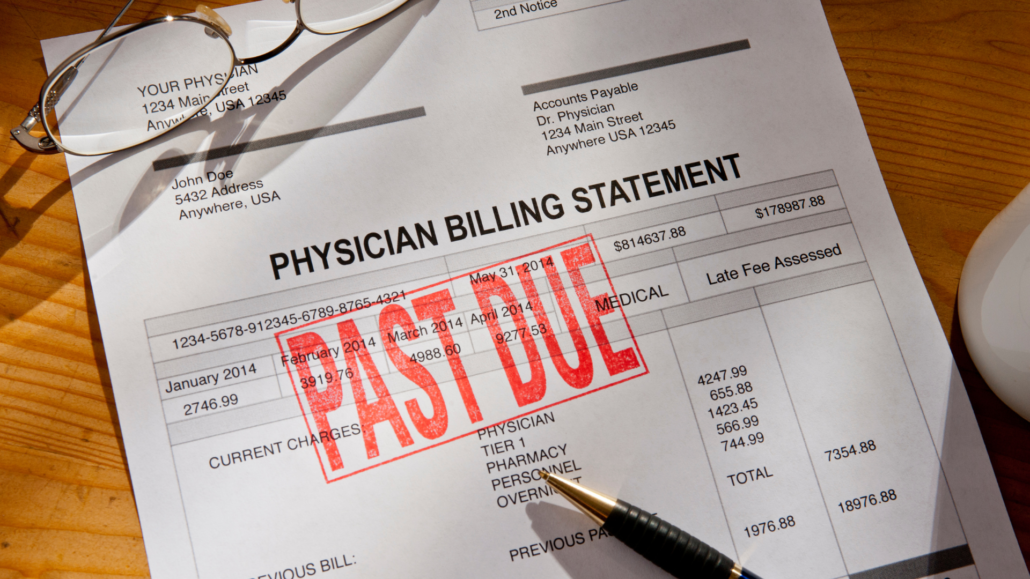In an ideal world, every individual would have access to healthcare coverage. However, in reality, a significant number of people are uninsured, often leaving them with limited access to medical services.
For healthcare providers, specifically doctors, understanding how to navigate this landscape can make a profound difference in their ability to deliver care effectively. By learning strategies to assist uninsured patients, doctors not only enhance their practice’s inclusivity but also contribute to better health outcomes in their communities. This knowledge is especially useful in areas with high uninsured rates, and it helps doctors provide necessary care without adding financial burden to their patients. Here are some ways doctors can help uninsured patients.

Talk openly about cost
One of the first steps in helping uninsured patients is to have open and honest conversations about cost. Many people without insurance may not be aware of the full cost of their medical treatment, and it’s important for doctors to explain this to them. This can help patients make informed decisions about their care and avoid any unexpected financial burdens.
Make the most of visits
Since many uninsured patients may not be able to afford frequent visits, it’s important for doctors to make the most out of each visit. This means taking the time to thoroughly assess and address all of their health concerns during one visit, rather than having them come back multiple times for each issue.
Eliminate unnecessary medications
For uninsured patients, every medication prescribed can add up in cost. As doctors, we should carefully consider the necessity of each medication and try to minimize the number of prescriptions given. We can also educate patients on alternative, more cost-effective options for managing their conditions.
Financial assistance programs
It’s important for doctors to be aware of any financial assistance programs that may be available for uninsured patients. This could include government-funded programs or charity organizations. By staying informed about these options, we can help connect our patients with the resources they need to manage their healthcare costs.
Stay informed
Lastly, it’s important for doctors to stay informed about any new health programs or services that may benefit uninsured patients. This could include free clinics, discounted medication options, or other forms of assistance. Consistently checking in with local social service organizations can help us stay up to date and provide the best care for our uninsured patients.
While it may be challenging to help patients without insurance, there are steps that doctors can take to improve their practices. By openly discussing costs, making the most of each visit, minimizing unnecessary medications, being aware of financial assistance programs, and staying informed about available resources, doctors can provide better care for our uninsured patients and help alleviate their financial burdens.





